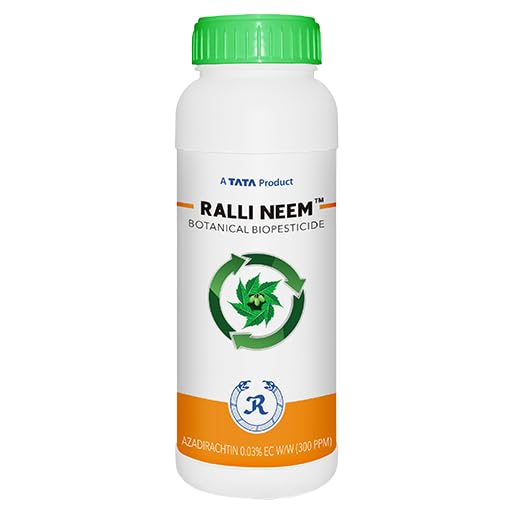
Haryana's Wheat Harvest: Sustaining High Yields and Securing Farmer Prosperity
Share
Haryana, a prominent contributor to India's wheat production, boasts a legacy of agricultural excellence. The state's farmers have consistently achieved high yields, playing a vital role in ensuring the nation's food security. However, in the face of evolving global agricultural practices, it's imperative to sustain this productivity and explore avenues for increased profitability.
Global Yield Benchmarks: Room for Growth
International Leaders: The Netherlands and Belgium stand as global leaders in wheat yield, achieving remarkable harvests exceeding 8 tonnes per hectare. Their success can be attributed to favorable climate, advanced technologies, efficient resource management, and supportive policies.
India's Position: While India's average wheat yield of 3.5 tonnes per hectare shows improvement, there's still a considerable gap compared to the leading nations.
Haryana's Prowess: Haryana's average yield of 5.25 tonnes per hectare is commendable, surpassing the national average. However, there's potential to further narrow the gap with the global frontrunners.
Factors Driving Higher Yields
Variety Selection: Choose high-yielding, disease-resistant wheat varieties adapted to Haryana's climate and soil. Consult local agricultural experts for the latest recommendations.
Soil Health Focus: Prioritize soil health through practices like crop rotation, cover cropping, and organic manure application. Conduct regular soil testing to ensure balanced nutrient levels.
Precision Farming: Embrace technologies like GPS-guided machinery, variable rate fertilizer application, and soil moisture sensors to optimize input usage and enhance efficiency.
Water Conservation: Implement water-saving irrigation methods, such as drip or sprinkler irrigation, to ensure crops receive adequate water without wastage.
Timely Operations: Adhere to recommended sowing and harvesting windows to maximize crop growth and minimize field losses.
Integrated Pest and Disease Management: Employ proactive and integrated approaches to control pests and diseases, minimizing chemical use while protecting yields.
Guidelines for Increased Farmer Income
Value Addition: Explore opportunities to process wheat into value-added products like flour, bread, or other baked goods, fetching premium prices in the market.
Market Linkages: Establish direct connections with buyers or join farmer producer organizations to bypass intermediaries and secure fairer prices for your produce.
Government Support: Utilize government schemes and subsidies for seeds, fertilizers, irrigation, and agricultural machinery to reduce input costs.
Sustainable Agriculture: Adopt sustainable practices like conservation agriculture and organic farming to reduce environmental impact, enhance soil health, and increase long-term profitability.
Skill Enhancement: Participate in training programs and workshops to stay updated on the latest agricultural technologies and market trends.
Conclusion
Haryana's farmers have a proud tradition of wheat cultivation, and their contributions to India's food security are invaluable. By adopting innovative approaches, embracing sustainable practices, and strategically navigating the market, Haryana's farmers can further elevate their yields, income, and overall prosperity. Remember, the pursuit of excellence is a continuous journey, and staying informed and adaptive is key to success in the ever-evolving world of agriculture.
Let's work together to ensure a thriving future for Haryana's wheat farmers and the agricultural sector as a whole!














